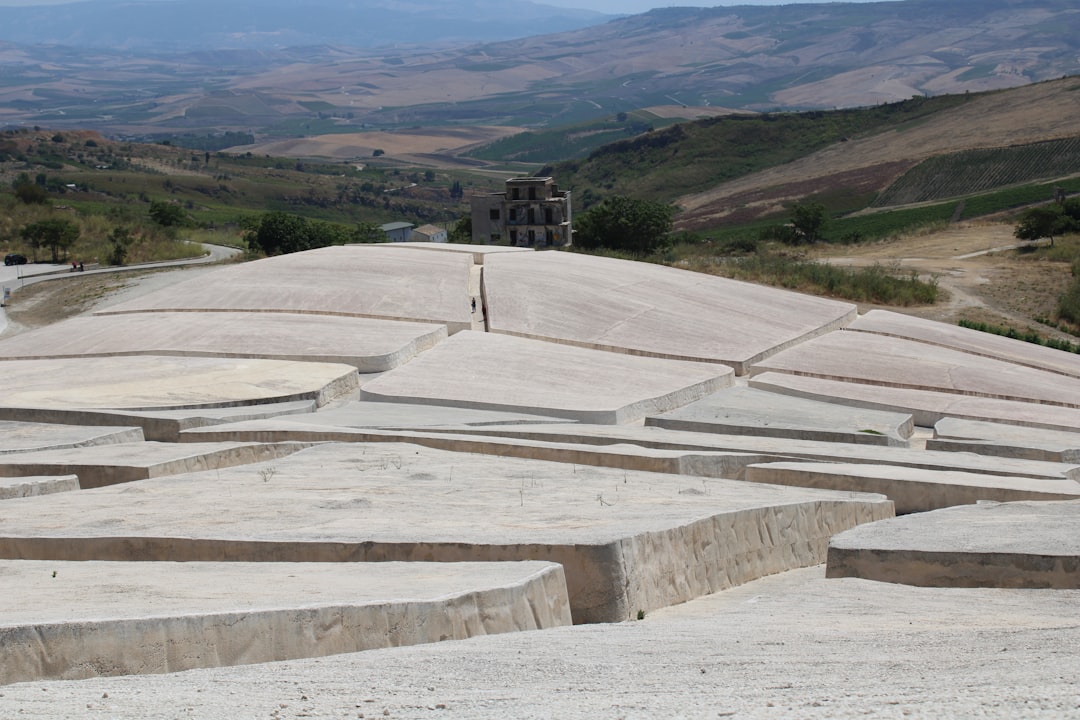May 23: Isaiah 24
Numbers 32; Psalm 77; Isaiah 24; 1 John 2

Isaiah 24-27 reveals a future when the earth will wither (4), be devoured (4-6), be flooded (18), and buckle (19), under the weight of the transgression done upon it (20 - see Romans 8:22). The earth will be defiled by its inhabitants, because people have transgressed the laws, violated the statutes and broken the everlasting covenant (5).
These laws and statutes are the morality of God, that He has written on every human heart (Romans 2:14-15) - the morality that we all our consciences tell us we should live by.1 But what is this “eternal covenant”?
It is the covenant that God has been working out since the beginning of time - the covenant of grace. It was pronounced in the Garden (Gen. 3:15); it was demonstrated in the rainbow, after the flood (Gen. 9:11-13); it was promised to Abraham (Gen. 12 and 15); it was given also to David (2 Sam. 7:11-13). And all of these seemingly disparate threads of promise become “yes” in Jesus (2 Cor. 1:20).
A covenant is a solemn vow, with blessings and curses. The curse for spurning this New Covenant of grace is laid out everywhere in this chapter. But if one has the faith of Abraham (Gen. 15:5-6, Romans 4:1-11), he will come from the east or the west to blessings of the covenant: resurrection life (Is. 24:14-16), basking in a New Jerusalem, lit by the glory of Christ (23 - see Revelation 21:23).
In his book, “The Abolition of Man,” C.S. Lewis called this universal morality the “tao.” If you read it, it sounds new-agey, but this is all Lewis meant by the term.

